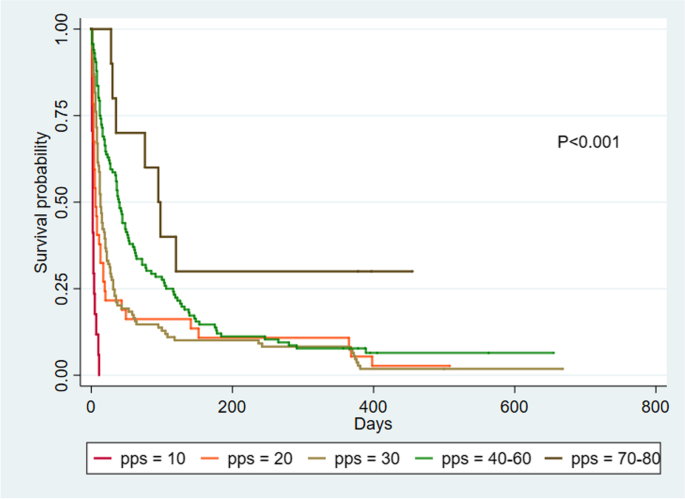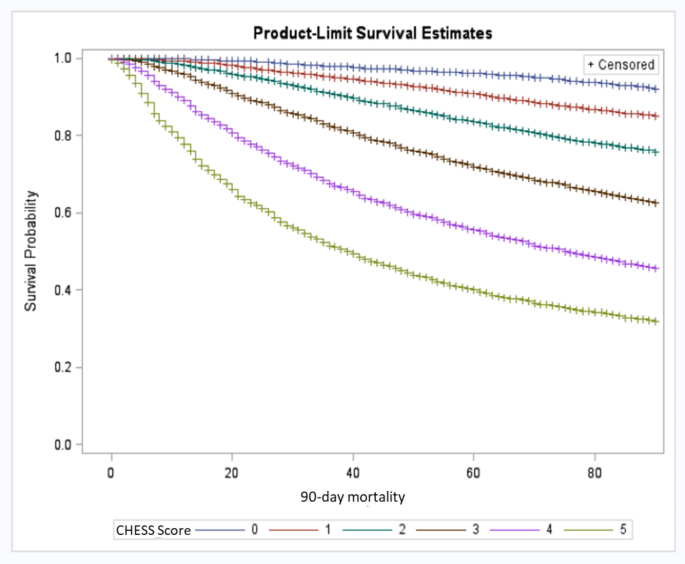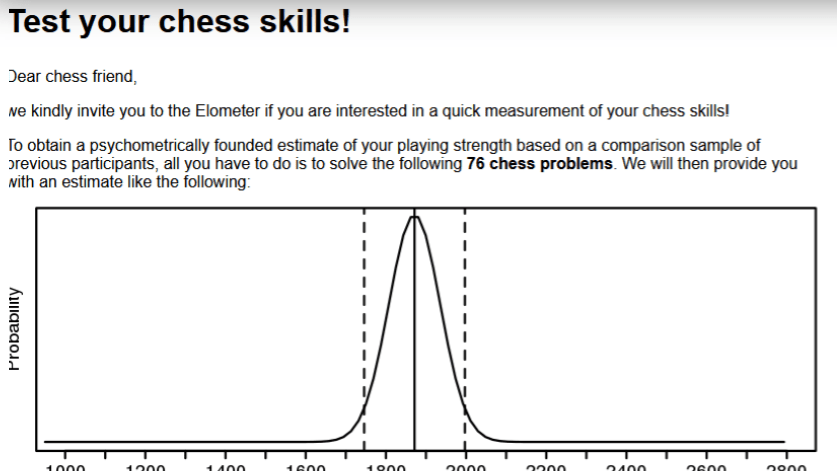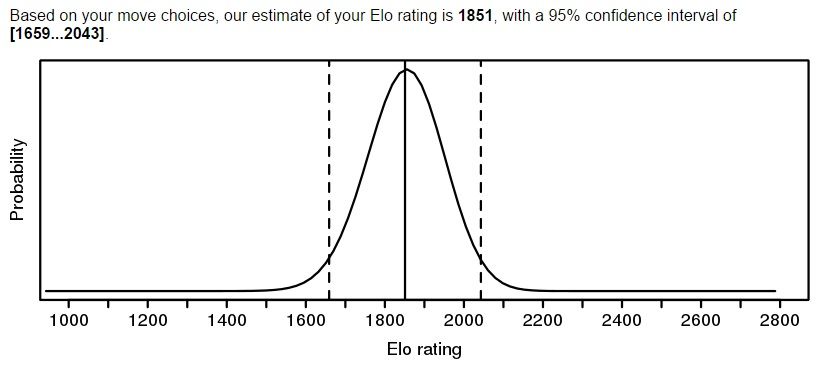The interRAI CHESS scale is comparable to the palliative performance scale in predicting 90-day mortality in a palliative home care population, BMC Palliative Care
Por um escritor misterioso
Descrição
Background Prognostic accuracy is important throughout all stages of the illness trajectory as it has implications for the timing of important conversations and decisions around care. Physicians often tend to over-estimate prognosis and may under-recognize palliative care (PC) needs. It is therefore essential that all relevant stakeholders have as much information available to them as possible when estimating prognosis. Aims The current study examined whether the interRAI Changes in Health, End-Stage Disease, Signs and Symptoms (CHESS) Scale is a good predictor of mortality in a known PC population and to see how it compares to the Palliative Performance Scale (PPS) in predicting 90-day mortality. Methods This retrospective cohort study used data from 2011 to 2018 on 80,261 unique individuals receiving palliative home care and assessed with both the interRAI Palliative Care instrument and the PPS. Logistic regression models were used to evaluate the relationship between the main outcome, 90-day mortality and were then replicated for a secondary outcome examining the number of nursing visits. Comparison of survival time was examined using Kaplan-Meier survival curves. Results The CHESS Scale was an acceptable predictor of 90-day mortality (c-statistic = 0.68; p < 0.0001) and was associated with the number of nursing days (c = 0.61; p < 0.0001) and had comparable performance to the PPS (c = 0.69; p < 0.0001). The CHESS Scale performed slightly better than the PPS in predicting 90-day mortality when combined with other interRAI PC items (c = 0.72; p < 0.0001). Conclusion The interRAI CHESS Scale is an additional decision-support tool available to clinicians that can be used alongside the PPS when estimating prognosis. This additional information can assist with the development of care plans, discussions, and referrals to specialist PC teams.

Palliative Performance Scale and survival in patients with cancer and non-cancer diagnoses needing a palliative care consultation: a retrospective cohort study, BMC Palliative Care

Shannon Freeman - Associate Professor, School of Nursing - University of Northern British Columbia (UNBC)

Current Oncology, Free Full-Text

PDF) Optimizing the InterRAI Assessment Tool in Care Planning Processes for Long-Term Residents: A Scoping Review

Survival curves for persons with any of 11 neurological conditions by

Correlation of Palliative Performance Scale and Survival in Patients With Cancer Receiving Home-Based Palliative Care - Jiaoli Cai, Denise N. Guerriere, Hongzhong Zhao, Peter C. Coyte, 2018

Palliative Care and Rapid Emergency Screening Tool and the Palliative Performance Scale to Predict Survival of Older Adults Admitted to the Hospital From the Emergency Department - Jonas R. Te Paske, Sarah
Combined impairments in vision, hearing and cognition are associated with greater levels of functional and communication difficulties than cognitive impairment alone: Analysis of interRAI data for home care and long-term care recipients

The interRAI CHESS scale is comparable to the palliative performance scale in predicting 90-day mortality in a palliative home care population, BMC Palliative Care

PDF) Use of the interRAI CHESS Scale to Predict Mortality among Persons with Neurological Conditions in Three Care Settings

Use of the Palliative Performance Scale to estimate survival among home hospice patients with heart failure - Masterson Creber - 2019 - ESC Heart Failure - Wiley Online Library

PDF) The interRAI CHESS scale is comparable to the palliative performance scale in predicting 90-day mortality in a palliative home care population
de
por adulto (o preço varia de acordo com o tamanho do grupo)





